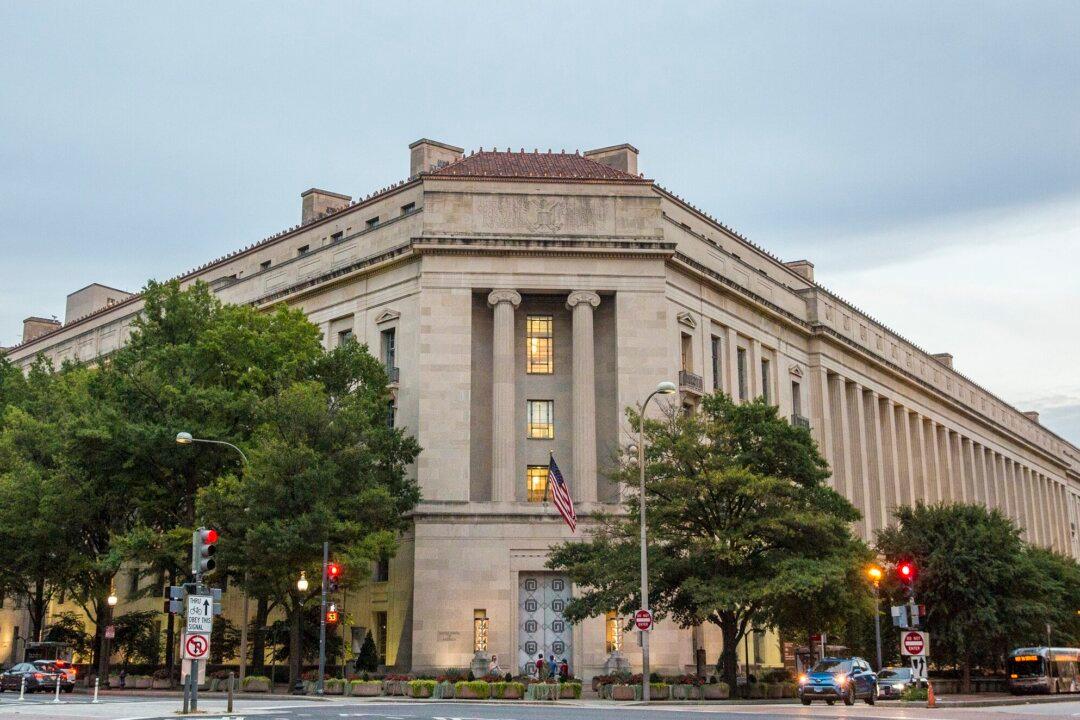The Justice Department (DOJ) has sued a Nebraska village alleging that it had violated a federal law protecting religious institutions when it denied a local church from expanding their facilities in the locale.
The department on Thursday filed the lawsuit against the Village of Walthill, which has a population of about 750 people, saying that it violated the Religious Land Use and Institutionalized Persons Act when it denied the Light of the World Gospel Ministries from building a worship facility for “church services, bible studies, youth and children ministries, and cafeteria ministries.”




